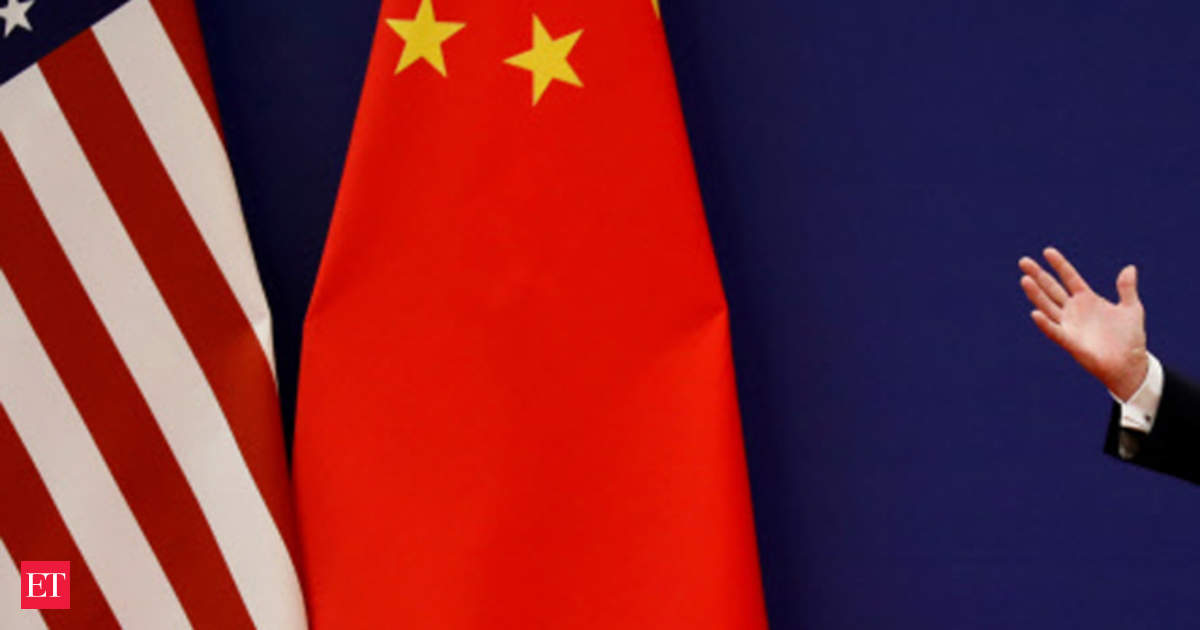Compersion
Senior Member
- Joined
- May 6, 2013
- Messages
- 2,258
- Likes
- 923
Striking differences:US-India disparity in views on Syria
Striking differences:US-India disparity in views on Syria - Indian Express
Acknowledging that India and the US have differing views on the issue of a military strike on Syria, the Obama Administration has said that the UN Security Council needs to enforce international law, but it shouldn't be an impediment that can protect somebody like Assad.
"Generally we recognise that India has been very reticent to support military action in general and has been very focused on the UN Security Council," a senior administration official told reporters in a media round table on Friday.
India has been opposed to unilateral military strike in any third country without the approval of the UN Security Council, while the US insists that as Russia has used its veto power to block any move by the Security Council, it is an obligation on the part of countries like US to hold the Bashar al-Assad regime responsible.
"I think part of the point is that the United States has expressed support for India's aspirations toward the Security Council. It's important that the Security Council can work," the official said.
"And so as India looks to take on that greater responsibility and as the US supports India in that effort, we'll continue to make the case that the Security Council has to be a vehicle to get things done and to enforce international law and it shouldn't be an impediment that can protect somebody like Assad," the official said.
"I think the point we would make to India is that sometimes the UN Security Council is unable to act because you have a veto wielding member in Russia that will block any action," the official said.
The US said that the Syria situation has forced it to confront a choice between allowing an international law to be broken and taking action if necessary outside of the Security Council.
Striking differences:US-India disparity in views on Syria - Indian Express
Acknowledging that India and the US have differing views on the issue of a military strike on Syria, the Obama Administration has said that the UN Security Council needs to enforce international law, but it shouldn't be an impediment that can protect somebody like Assad.
"Generally we recognise that India has been very reticent to support military action in general and has been very focused on the UN Security Council," a senior administration official told reporters in a media round table on Friday.
India has been opposed to unilateral military strike in any third country without the approval of the UN Security Council, while the US insists that as Russia has used its veto power to block any move by the Security Council, it is an obligation on the part of countries like US to hold the Bashar al-Assad regime responsible.
"I think part of the point is that the United States has expressed support for India's aspirations toward the Security Council. It's important that the Security Council can work," the official said.
"And so as India looks to take on that greater responsibility and as the US supports India in that effort, we'll continue to make the case that the Security Council has to be a vehicle to get things done and to enforce international law and it shouldn't be an impediment that can protect somebody like Assad," the official said.
"I think the point we would make to India is that sometimes the UN Security Council is unable to act because you have a veto wielding member in Russia that will block any action," the official said.
The US said that the Syria situation has forced it to confront a choice between allowing an international law to be broken and taking action if necessary outside of the Security Council.

 "
"



